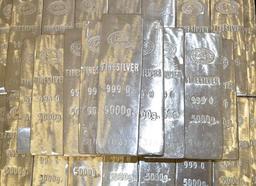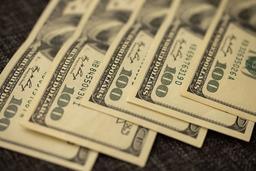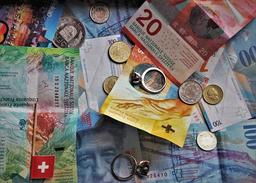Spread
-
Bid-ask spread: - This is the difference between the highest price a buyer is willing to pay for an asset (the bid) and the lowest price a seller is willing to accept (the ask). This spread is used to compensate market makers or brokers for facilitating trades and is a key component of the liquidity of a market. -
Credit spread: - This refers to the difference in yield between two bonds of different credit quality. For example, the spread between a US Treasury bond and a high-yield corporate bond. -
Interest rate spread: - This is the difference between the interest rate paid on a short-term investment and the interest rate received on a long-term investment. -
Options spread: - This refers to the difference in strike prices or expiration dates between two options contracts. -
Spread trading: - This is a type of trading strategy that involves buying and selling two or more related financial instruments at the same time, with the goal of profiting from the difference in price movements between them. -
Spread bet: - This is a type of financial bet that allows individuals to speculate on the price movements of financial markets without actually owning the underlying asset.





